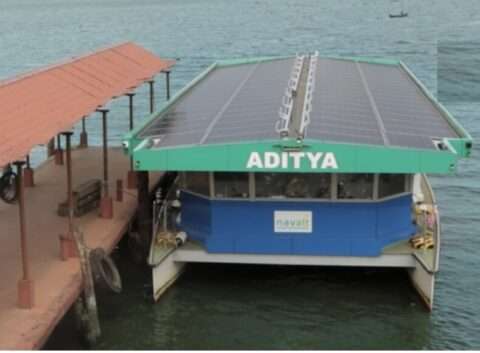Recent Advancements In Electrical Engineering
Recent Advancements In Electrical Engineering
The demand for global electricity is increasing and growing nearly twice as fast as the overall demand for energy. Energy conservation, customization and its control has become inevitable to keep the world running economically. Electrical engineers face mounting challenges to provide solutions in sustainable and smart energy sectors.
The share of renewable energy sources in meeting global energy demand is expected to grow by one-fifth in the next five years to reach 12.4% in 2023. Renewable sources will have fastest growth in the electricity sector, providing almost 30% of power demand in 2023, up from 24% in 2017. During this period, renewable sources are forecast to meet more than 70% of global electricity generation growth, led by solar PV and followed by wind, hydropower, and bioenergy. Hydropower remains the largest renewable source, meeting 16% of global electricity demand by 2023, followed by wind (6%), solar PV (4%), and bioenergy (3%).
The need of the hour is to find an alternative for the increasing rate in fuel costs India faces every year and energy conservation. Introduction of Electric Vehicles to Indian market has been considered as feather to cap of energy sector. Due to the presence of expensive Li-ion battery, the initial cost of electric vehicle is expected to be higher in the market. However owing to economy aspects, EVs are expected to become massively popular as they offer better efficiency than IC engines, making it favorable choice for public in the market.

Another development in the field of electrical engineering is the replacement of charging system by batteries in small devices. Wireless charging has been made familiar to many devices which eliminate use of charging ports and power supply. The challenging factor of wireless charging is to extend the range and capacity of charging which can be applied for a variety of IoT powered devices. Electric cars will soon have wireless charging as standard. Instead of large charging docks, drivers can park the vehicle on a wireless charging spot without need of an external connection.
Living with no electricity would be unimaginable as we cannot realize how many items in this world rely on it to function. Electricity managed energy conserved technologies with sustainable solutions supply us with everything we require to lead a bright future for upcoming generations.
Posted by: Ms. Anilett Benny, Mr. Liju Raj T, Assistant Professor, Department of Electrical & Electronics Engineering, Toc H Institute of Science & Technology
